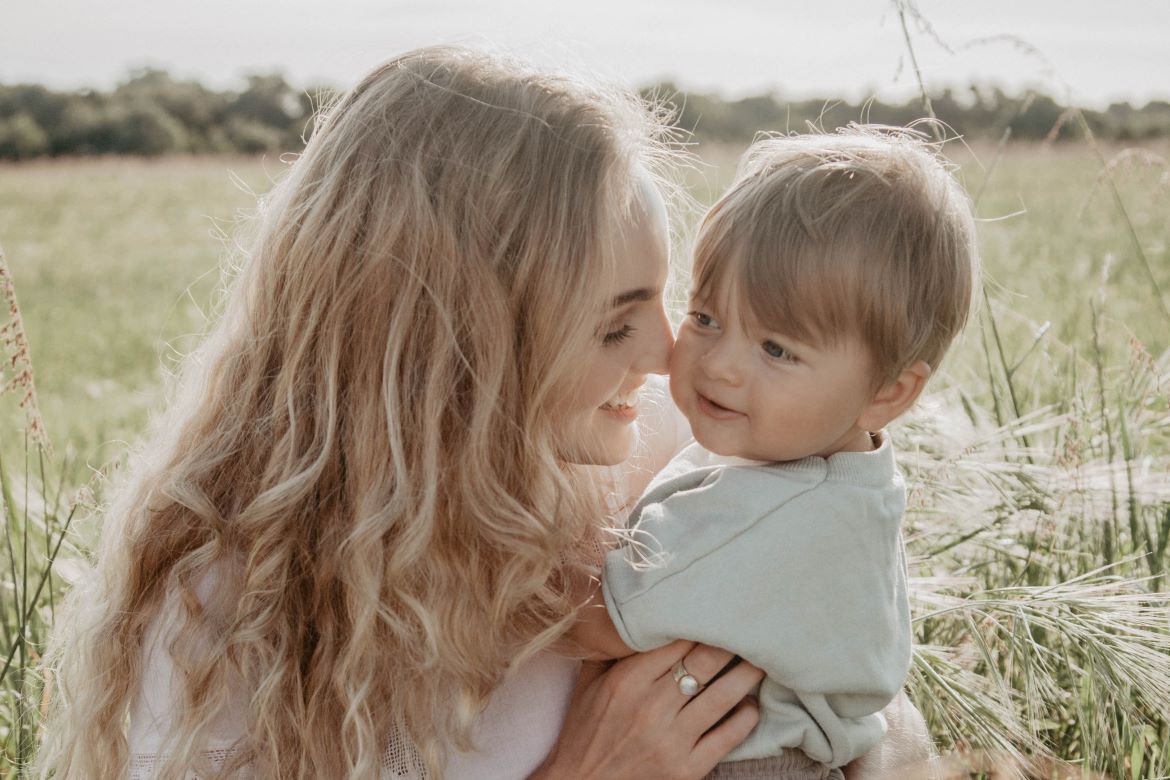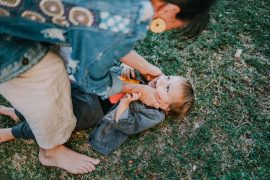By Lelia Schott
Peaceful parenting is more of a lifestyle than a parenting style.
Peaceful parenting doesn’t mean we don’t experience conflict, it means we’re practising responding to it without causing harm.
Peace and parenting is the work we do internally in response to what we’re experiencing externally.
Gentle parenting doesn’t mean we don’t experience force; it means we’re exercising it without unkindness.
Conscious Parenting doesn’t mean we don’t experience thoughtlessness; it means we’re teaching it without contradiction.
It is my hope that my children cooperate with me because they know they are safely loved, and not because they fear they won’t be if they don’t.
When we foster trust and dismantle oppression we gain long-term influence and safe relationships
To dismantle oppression and prejudice in society, we need adults to begin empowering and respecting children through peaceful parenting and leadership.
There is a long-standing tradition of scaring kids into obedience instead of caring them into understanding, which renders them vulnerable and ill-equipped to live authentically, truthfully, compassionately, courageously and considerately.
We need less scaring and much more caring in relationships and the world.
Scare: intimidate, coerce, manipulate, pressurise, punish, threaten, hurt, withhold security or love conditionally.
Care: cherish, hold dear, be attached to, have a great affection and liking for, provide treatment for, remedy, love unconditionally.
These two words describe the difference between punitive and peaceful parenting and leadership techniques.
Both can effectively teach children/people to listen, but only one supports the process of learning to listen to the heart.
The latter may take longer and is much harder work but it yields long term positive results for parent and child.
I’ll explain why.
Do you find yourself following, sincerely following, what you are coerced into or inspired by?
We all prefer to listen to what we have grown to trust. We trust what inspires us. We trust what we have been conditioned to respond to.
Children can be conditioned to respond to coercion or to connection.
Whichever way you choose to lead, your children will respond to.
Humans instinctively rebel against coercion but are drawn to connection.
Choose your influence wisely.
Connection is a child’s greatest need and an adults most effective influence. Punishment disconnects and uses a child’s immediate need and adults long-term influence against each other.











